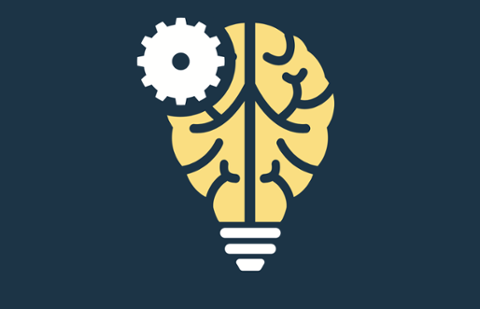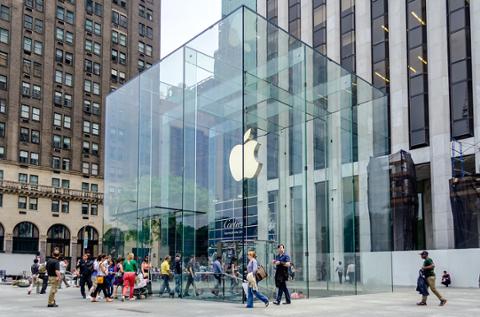A.I. Still in 'Discovery' Phase, but Companies Seeing Its Value
Artificial intelligence (A.I.) is still reaching maturity as a technology, but a new study underscores that companies are very interested in it. We’re also getting a better idea of how those firms planning to use A.I. will implement it alongside their existing services. Globant’s new study queries “senior-level decision makers” in the United States, and was conducted over a week in February 2018. As you might expect, the study notes that CEOs are the most involved in how A.I. fits into their company, with almost half directly involved in artificial intelligence decisions. Department leads were second, surprisingly outpacing CTOs and CIOs (though it’s very possible many companies just don’t have people in those roles). Only eight percent say “all” employees are offered a chance to voice their opinions on artificial intelligence. The study found 20 percent of respondents don’t see how A.I. would have an “immediate impact” on their business (one-fifth of 'decision makers' simply don't understand what artificial intelligence is at this stage). Another 32 percent say they think A.I. will be useful in automating routine tasks, while 48 percent say it will be handy for surfacing insights from massive datasets. Around 40 percent report their companies are in the “discovery” phase with artificial intelligence, which we’ve heard before. In April, a PointSource study showed 65 percent of respondents were researching artificial intelligence, with 47 percent saying they were "prepared to use" it in their existing technology stacks. Globant’s survey also shows 33 percent of decision-makers are considering possible vendors for their artificial intelligence needs, while 21 percent have already decided who they will work with. Seven percent say they’re already on their second A.I. vendor. What we don’t get from the study is how machine learning factors in. When it comes to ‘automating routines’ or ‘surfacing insights,’ machine learning is a likely precursor for adopting A.I. platforms. After all, it’s hard to have an intelligent assistant when it hasn’t learned anything. It’s also possible (read: likely) that companies and vendors are conflating artificial intelligence and machine learning as one marketable discipline. With A.I. being such a clever catchphrase, machine learning can get lost in the mix, even though it’s arguably the more critical aspect. A.I. and machine learning are poised to become big in the foreseeable future. Companies such as Apple are still launching machine-learning creation tools, and the jobs market for machine learning and A.I. is growing fast. Combined with the insight that companies are still in the discovery phase for artificial intelligence and machine learning, now would be a great time to familiarize yourself with both skillsets.



